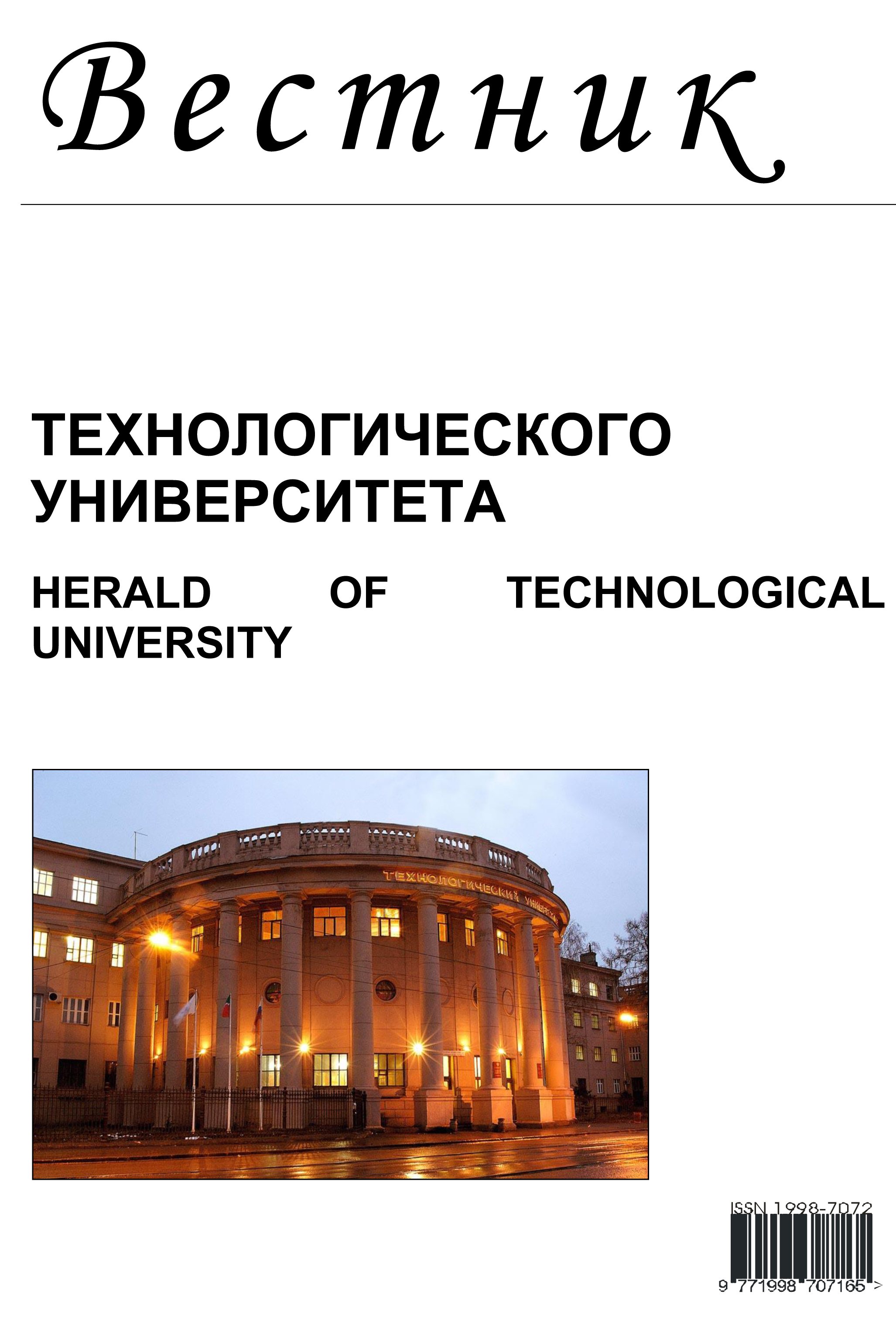The operation of reinforced concrete product (RCP) plants generates industrial effluents contaminated mainly with suspended solids. The volume of industrial wastewater from RCP plants reaches 100-300 litres per 1 m3 of manufactured products. The paper presents a proposed technological scheme for the treatment of suspended solids from RCP plants based on a hydrocyclone-filter station. The aim of the work was to study the performance of the hydrocyclone-filter station and determine its technological characteristics in the treatment of suspended solids from reinforced concrete plants. The paper presents the results of studies of a technological installation developed by KSUACE employees with various types of hydrocyclone devices with diameters of 75, 80 and 100 mm. The results of changes in the parameters of the technological process of the hydrocyclone-filter station depending on the type of hydrocyclone are shown. The paper presents results highlighting specific issues related to the use of a hydrocyclone-filter station for treating wastewater from suspended solids. The use of an automated ultra-high-speed filtration station (ASFS) for the treatment of suspended solids in wastewater increases the productivity of the treatment plant while reducing its overall dimensions compared to the ‘hydrocyclone-rapid filter’ treatment scheme. Pressure hydrocyclones with a diameter of 80 mm are recommended for use, as they operate efficiently at lower energy consumption. According to the data obtained, the treatment efficiency in the hydrocyclone-filter station was 85-94%. The pressure at the inlet to the pressure hydrocyclones should be within 0.4 MPa, and the back pressure at the drains of these devices should be at least 0.2 MPa. Thus, the article demonstrates the efficiency of a wastewater treatment plant for reinforced concrete plants developed on the basis of KSUACE.
WASTEWATER TREATMENT METHODS, INDUSTRIAL WASTEWATER, REINFORCED CONCRETE PLANTS, ULTRA-FAST FILTER, HYDROCYCLONE FILTRATION STATION









